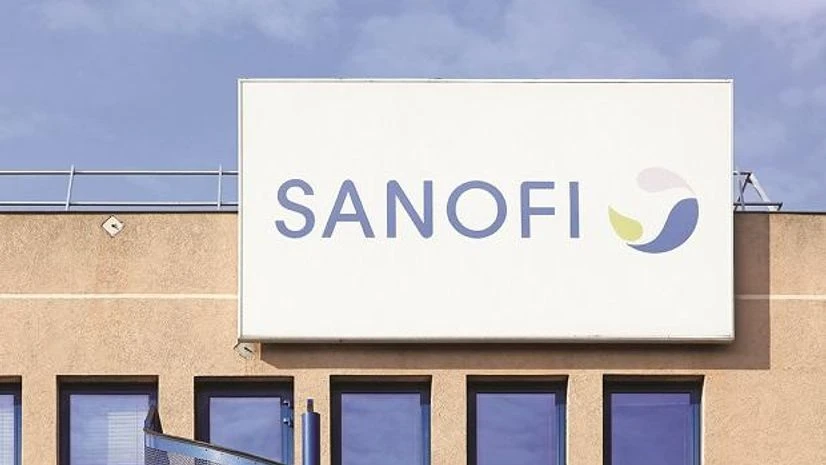French drugmaker Sanofi, which has plans to demerge its consumer health care business in India from its pharmaceutical (pharma) business, has seen its consumer brands clock much faster growth. It has also renewed its focus on its diabetes business in India.
The consumer health business is set to demerge into its wholly-owned subsidiary, Sanofi Consumer Healthcare India. The subsidiary will include all assets and liabilities pertaining to the business, including brands like Allegra, Combiflam, DePURA, and Avil.
The market responded positively to the decision. The stock ended at Rs 6,210 apiece, up 9 per cent on Thursday. Sanofi marquee brands like Allegra grew 22.2 per cent (as of April) as regards the moving annual turnover (MAT) over last year, reveals data from market research firm Pharmarack AWACS.
MAT of 2022 grew nearly 24 per cent year-on-year (YoY). By comparison, Sanofi’s popular long-acting insulin brand Lantus declined 7.1 per cent YoY as of April 2023 MAT. In 2022, it grew by only 3.1 per cent.
Centrum Broking (Centrum) said in February that Lantus sales were impacted after it was included in the revised National List of Essential Medicines, 2022. Lantus, currently priced at Rs 794 (100 IU 3ml injection), comes at a premium over the average of similar brands priced at about Rs 730. Centrum said this implies Sanofi would have to take at least an 8 per cent hit on its pricing of Lantus.
Other anti-diabetic brands like Cetapin and Amaryl, too, have registered slow growth in the past few years. The company has renewed its focus on the diabetes franchise.
More From This Section
“Sanofi’s leading therapy of diabetes continued to do well, led by renewed marketing efforts nationally for Toujeo insulin which is seeing better traction (new cartridge launched, 300 IU dosage),” Centrum observed in February.


Toujeo has been doing well too: from sales of about Rs 22 crore as of April 2019 MAT, it scaled up to Rs 87 crore in April 2023 MAT.
The company divested its anti-microbial brand Soframycin and anti-bacterial cream Sofradex, Sofracort (antibacterial eye and ear drops), and Soframycin-Tulle (antibacterial cream) for India and Sri Lanka markets to topical product manufacturer Encube Ethicals in November last year for Rs 125 crore or so.
Rodolfo Hrosz, managing director, Sanofi India, said on Wednesday that the demerger was a “momentous opportunity” that would allow the company to unlock business potential in both pharmaceuticals and consumer health care.
The pharma business would focus on long-term success and expand its portfolio of ‘life-changing’ treatments, he said. The consumer health entity would be a fast-moving consumer health care business focused on digital and e-commerce.
Meanwhile, Sanofi’s vaccine business has seen a decline in turnover, according to AWACS data, from Rs 361 crore in April 2019 MAT to Rs 287 crore in April 2023 MAT.
Sanofi’s hexavalent vaccine Hexaxim given to protect against six diseases — diphtheria, tetanus, pertussis (whooping cough), Haemophilus Influenzae Type B bacteria, Hepatitis B virus, and inactivated polioviruses — has lost market share. From sales of Rs 144 crore as of April 2019 MAT, it dropped to Rs 104 crore in April 2023 MAT.
Demerging the pharma business will help the company focus on niche therapy areas, including bringing its global pipeline to India.
Centrum said that over the past two years, Sanofi has made multiple divestments, including Zentiva’s export business in 2020, which have affected its overall sales growth. Analysts feel Sanofi is ready for a fresh start.

)
